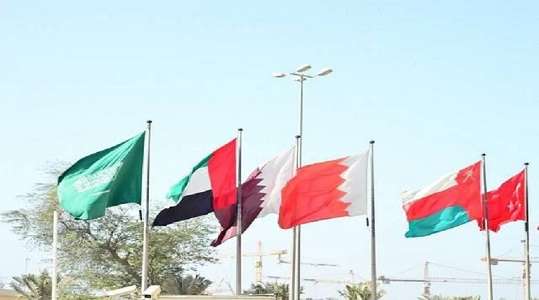A report by Bloomberg Agency revealed that progress in diversifying revenues away from oil in the Arab Gulf states has been mixed, as is the case with attempts to rein in spending, while government debt has increased as a proportion of gross domestic product across the region since 2014.
According to the report, the Kingdom of Saudi Arabia will witness a fiscal deficit for the seventh year in a row this year, while the UAE is also heading to a record deficit, adding that this indicates the need for radical economic measures and reforms to combat the double crisis of low oil prices and the global recession.
According to the report, Saudi Arabia, the United Arab Emirates, Kuwait, and Qatar each have financial strength that comes in the form of large currency reserves to defend the peg of their currencies, while Oman and Bahrain appear to be the most vulnerable, given their unstable public finances and their tense reserves.
According to the International Monetary Fund, Bahrain needs an oil price of $95.6 a barrel to adjust its budget, while Oman needs a price of $86.8 a barrel.
The report showed that most of the Gulf countries still rely heavily on oil to pay salaries, as Saudi Arabia gets about two-thirds of its oil revenues, and 90 percent of Kuwait's oil revenues, so low prices put the economies of the region under great pressure.
Source (Al-Rai newspaper-Kuwait, Edited)

